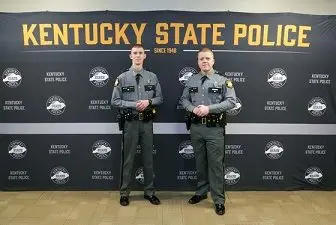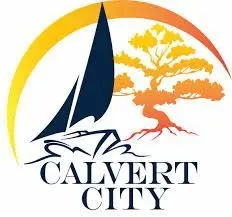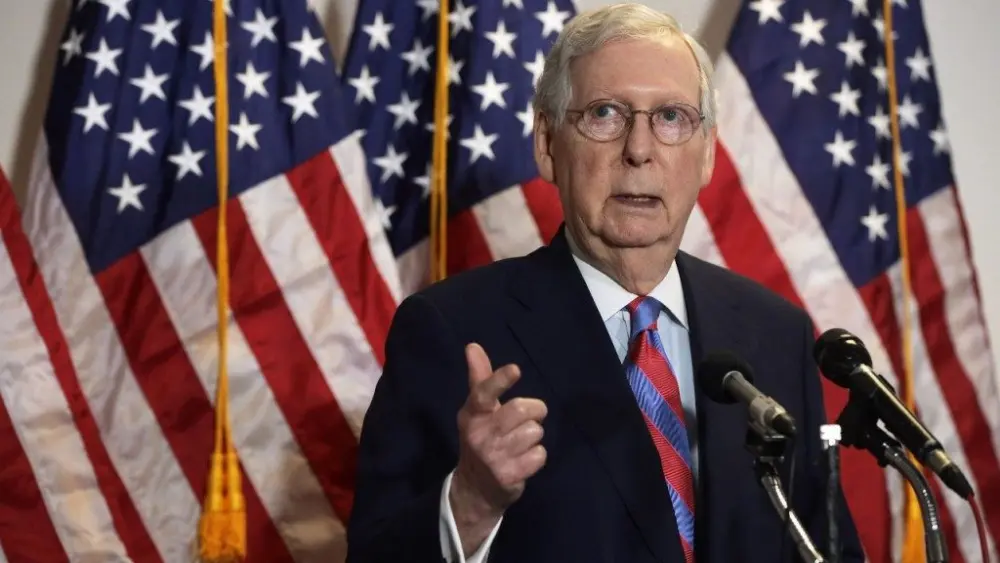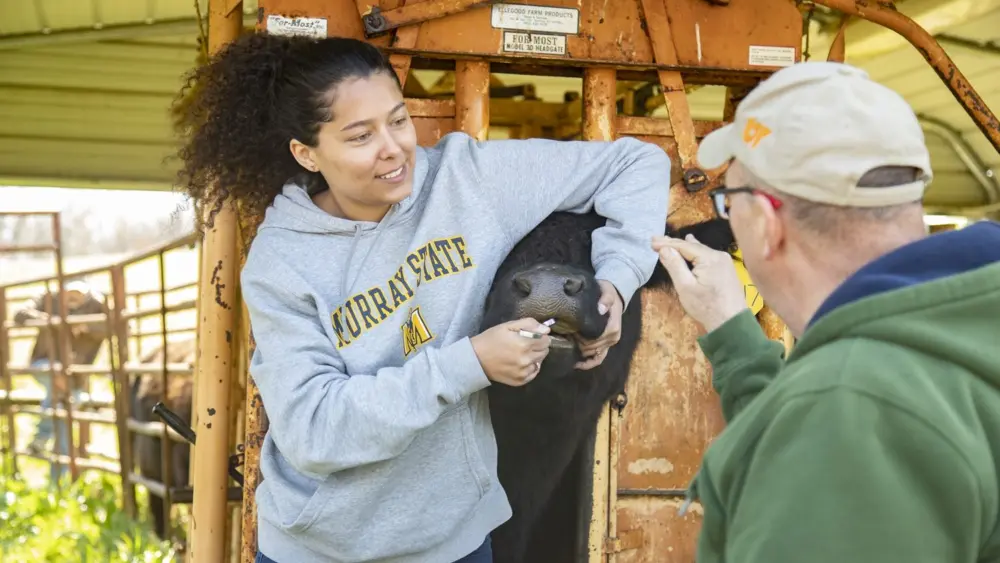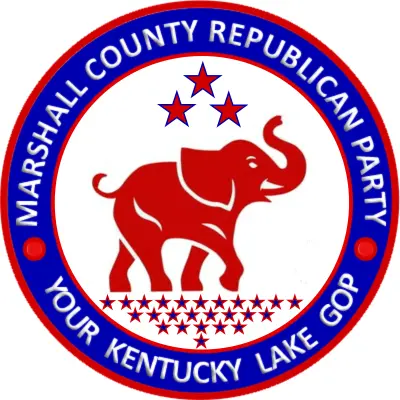The South Carolina of Kentucky Part VI:
Union Crackdown on the Purchase
Written by Justin Lamb
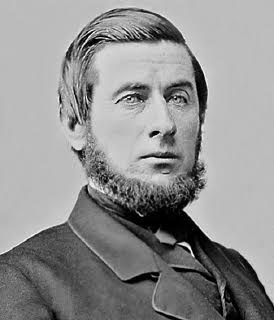
Lucien Anderson
After the Union occupation of the Purchase, the area was placed into the Military District of West Tennessee, Department of the Mississippi. Over the course of the next three years, the Union army constructed outposts in several towns and cities in the Purchase including Clinton, Benton, Mayfield, Murray, and Hickman. The area was placed under the command of General Charles A. Smith, but many Unionists believed he was too soft on the “rebel sympathizing” citizens of the Purchase. The Union Army greatly distrusted the citizens of the Purchase and soon began demanding loyalty oaths and punished those who refused. Many county officials were forced to take these oaths as well. Two county officials in McCracken County, county judge G.A. Flournoy and County Clerk Thomas D. Grundy, were stripped of their offices for refusing to take the oath.
In order to secure Union control in the Purchase, the Union army closely monitored and interfered in the local elections of 1862. Candidates who refused to take a loyalty oath were not allowed to run for office and many pro-Confederate candidates were arrested if they won the election. J.M. Bigger of McCracken County was threatened with arrest if he sought the office of Circuit Judge and he ultimately chose not to seek the office which allowed Unionist Rufus K. Williams of Graves County to win the election. In Calloway County, Circuit Clerk Robert Ellison was thrown out of office and arrested by the Union army in 1862 and replaced by the “staunch Republican” John B. England.
With the state elections for governor and congressman in the spring and summer of 1863, Union commanders clamped down tighter on the Purchase area. Major General Stephen Hurbult issued Special Order Number 159 which barred all Confederate sympathizers from voting, running for office, or serving as electors. Union soldiers went further by purging all those suspected of Confederate sympathies from the poll books and anyone “uttering disloyal language and sympathies” were kept from voting.
In the Congressional election of 1863, Lucian Anderson of Graves County was nominated by the pro-Union forces on the Union Democratic ticket. Quintus Quigley of Paducah was unimpressed with Anderson and commented in his diary, “They endorsed the administration of Lincoln and a total destruction of States’ rights.” Lawrence Trimble was nominated on the Kentucky Peace Democratic ticket which consisted of a portion of former Southern Rights Party members. The main objective of the Kentucky Peace Democrats was to oppose the Lincoln administration, “Lincoln’s war”, and his recently issued Emancipation Proclamation which freed slaves in the Southern Confederacy. Even though the proclamation did not free slaves in Kentucky or any of the other Border States, the Peace Democrats viewed it a clear violation of states’ rights.
The race between Anderson and Trimble was very spirited with free exercise of exchange of ideas despite the presence of the Union army. Local unionists attacked Trimble as a “southern “traitor” in his refusal to commit to voting to send money or men to the war effort.” At a county court day speech in Mayfield, Trimble admitted he would not support the war effort, but declared “he was as good a Union man as anybody.” Anderson capitalized on Trimble’s admittance to the Unionist crowd by declaring he was for “voting the last man and dollar for putting down the rebellion.”
Anderson clearly had the support of the Unionist vote in the Purchase, but Trimble’s stance on not supporting the war effort, worried Union officials that he might appeal to the silent, but majority Confederate sympathizers of the Purchase. To quash any possible victory for the Kentucky Peace Democrats, Union soldiers arrested Trimble two weeks before the election and placed him in a cell in Henderson, Kentucky. Trimble was offered his freedom if he agreed to drop out of the race, a bargain he refused. Trimble’s name was struck from the ballot in a few counties.
The Union ticket won heavily in the election statewide and Anderson beat Trimble in the First Congressional District with a total vote of 4,423 to 711. In the Purchase, Anderson defeated Trimble 1,650 to 523. Union intimidation could not stop the counties of Marshall, Fulton, and Hickman from giving Trimble a majority of their votes. The vote totals would lead one to believe that Unionists had made gains in the Purchase in 1863, but the Union totals were more of a result of Union solider occupation and the disallowance of the majority populace from voting because of their Southern sympathizes. Historian Berry Craig explained, “Yet in victory, Anderson could not muster as many Purchase votes [in 1863] as Trimble garnered in defeat in 1861. Thus, it would seem that few hearts and minds had been won over to the Union cause. Unionists remained a minority in Kentucky’s South Carolina.”
The election of 1863 also saw Kentuckians overwhelmingly elect Unionist Thomas E. Bramlette over the anti-Lincoln Charles Wickliffe. Bramlett carried the Purchase 1,729 to 554. A new state house and senate was elected which built on the Union majority in the state. Purchase area Unionists sent the following men to the state House of Representatives: Thomas P. Hays of Ballard County, John Whitnell of Calloway County, F.M. Ray of Fulton and Hickman Counties, E.W. Smith of Graves County, Thomas Barchett of McCracken County, and Wiley Waller of Marshall County. W.T. Chiles, J.D. Landrum, and T.W. Hammond were sent to the State Senate.

